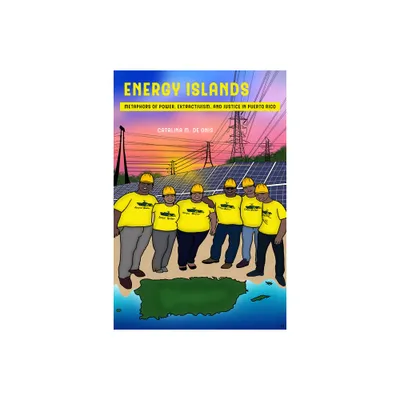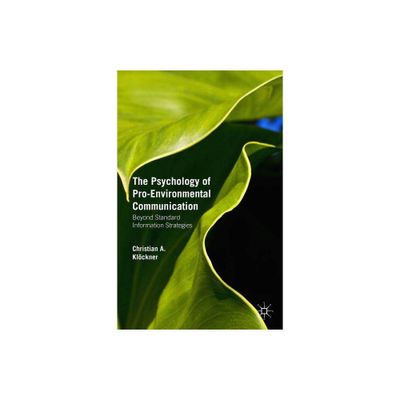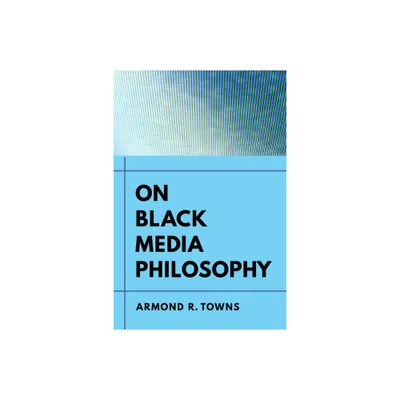Home
Environmental Communication and Travel Journalism: Consumerism
Loading Inventory...
Barnes and Noble
Environmental Communication and Travel Journalism: Consumerism
Current price: $63.99


Barnes and Noble
Environmental Communication and Travel Journalism: Consumerism
Current price: $63.99
Loading Inventory...
Size: OS
*Product Information may vary - to confirm product availability, pricing, and additional information please contact Barnes and Noble
Travel journalism about natural attractions is environmental communication at the cusp of consumerism and concern. Countries and regions that market forests, rivers and wildlife to international tourists drive place-of-origin brand recognition that benefits exporters in other sectors. Place-branding in such destinations is not just PR for environmentally sustainable development and consumption, but also a political enterprise.
Environmental Communication and Travel Journalism considers tourism public relations as elite reputation management, and applies models of political conflict and source-media relations to the analysis of the ‘soft’ genre of travel journalism. The book seeks to understand how, in whose interests and against what odds discourses of cosmopolitanism and place-branding influence the way travel journalists represent vulnerable and contested environments.
Informed by interviews with journalists and their sources,
Environmental Communication and Travel Journalism
identifies and theorises networks, cultures, discursive strategies and multiple loyalties that can assist or interrupt flows of environmental concern in the cosmopolitan public sphere. The book should be of interest to scholars of environmental communication, environmental politics, journalism, tourism, marketing and public relations.
Environmental Communication and Travel Journalism considers tourism public relations as elite reputation management, and applies models of political conflict and source-media relations to the analysis of the ‘soft’ genre of travel journalism. The book seeks to understand how, in whose interests and against what odds discourses of cosmopolitanism and place-branding influence the way travel journalists represent vulnerable and contested environments.
Informed by interviews with journalists and their sources,
Environmental Communication and Travel Journalism
identifies and theorises networks, cultures, discursive strategies and multiple loyalties that can assist or interrupt flows of environmental concern in the cosmopolitan public sphere. The book should be of interest to scholars of environmental communication, environmental politics, journalism, tourism, marketing and public relations.


















